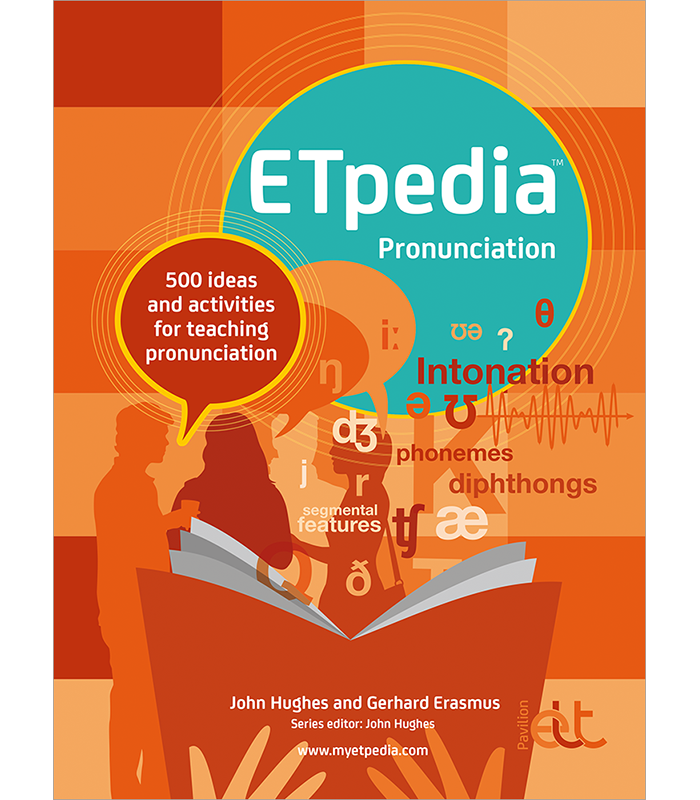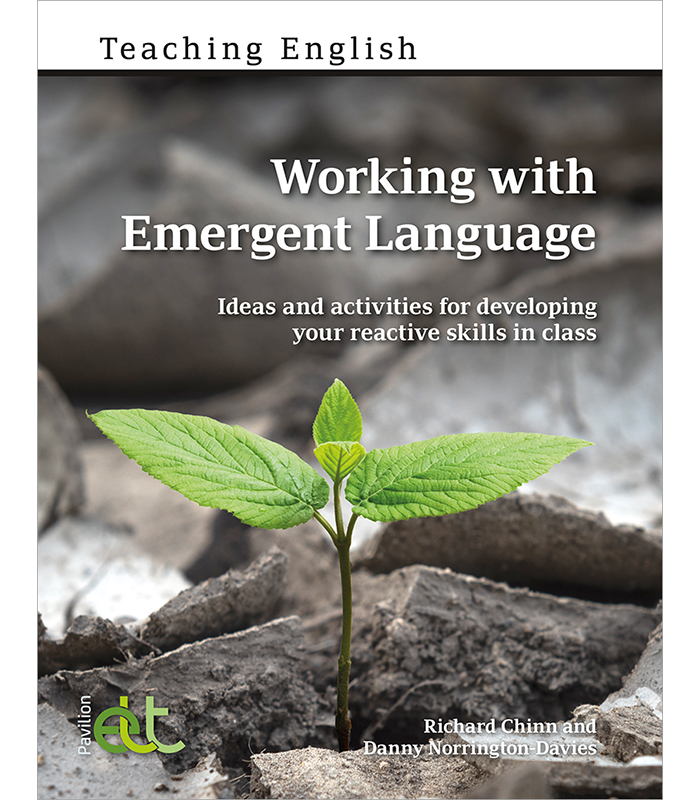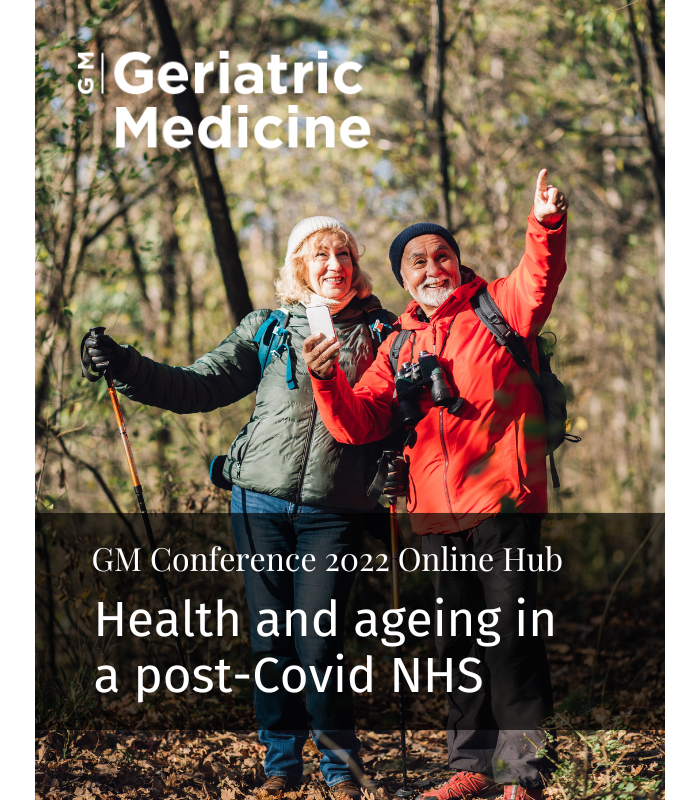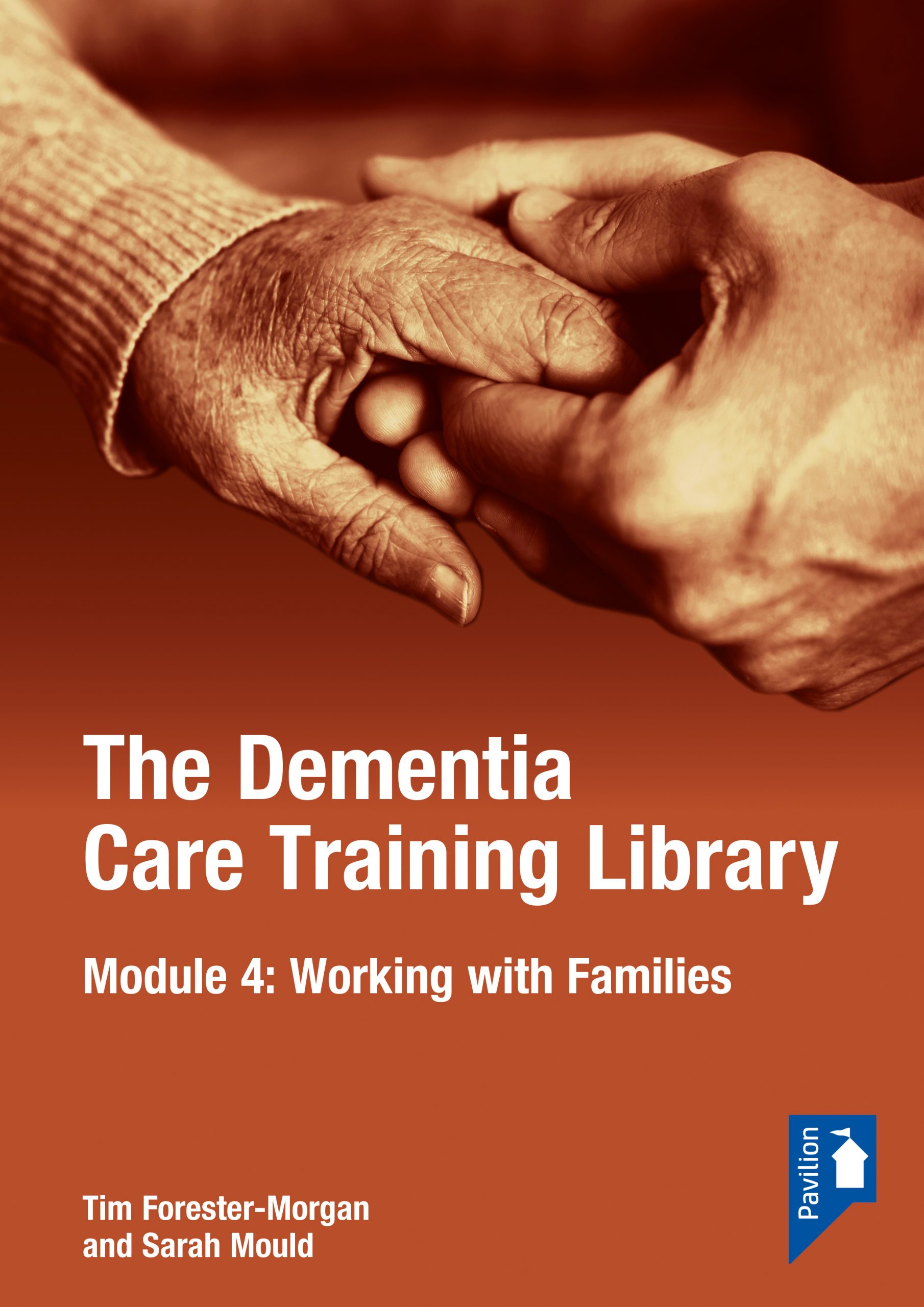
ETpedia Pronunciation is the go-to book for teaching pronunciation. It provides all the key terms and techniques in easy-to-understand terms, and equips teachers with a huge range of creative ideas and activities for pronunciation lessons, whether they are being conducted in the classroom or online. Whether you are a newly qualified teacher looking for a one-stop resource or a more experienced teacher looking to expand your skills and integrate pronunciation more actively into their lessons, ETpedia Pronunciation offers 500 tips and ideas to help! With the dramatic rise in live online teaching, the book also includes a special feature on how to teach pronunciation online and make maximum use of the technology available.
Organised into 50 units each containing 10 ideas, this spiral-bound book is easy to dip in and out of. It will save you planning time, provide inspiration, and help you motivate students. It will even anticipate problems students might have with different aspects of pronunciation. Each unit provides you with 10 tips, ideas or activities related to theory and practice in the classroom as well as suggestions for homework and self-study tasks. In the Appendix you will also find photocopiable handouts with additional classroom activities. These can be used exactly as they are, or adapted and developed to suit your own context. Throughout the book you will also find quotes from experienced teachers, sharing their views, ideas and experiences on teaching pronunciation.
Inside, you’ll find sections focusing on different areas such as:
- the basic pronunciation toolkit
- knowledge and practical activities
- integrating pronunciation into lessons effectively
- online teaching and technology
Reviews
“The key strengths of Hughes and Erasmus’s publication are giving teachers an accessible overview of the theory, methodology and main questions regarding pronunciation: showing how to approach pronunciation to develop students’ receptive (listening) and productive (speaking) skills; offering a wide range of activities on core pronunciation features such as word stress, sentence stress, individual sounds, connected speech and intonation; and having teachers reflect on their teaching.” – Ana P Biazon Rocha, Modern English Teacher (32.3, May/June 2023).
“I’ve benefitted tremendously from the refresher course I felt like I received from reading through ETpedia Pronunciation. It was able to remind me of a few activities I hadn’t used in a while and also introduced a lot of new ones, whilst also enabling me to take a load off my planning and preparation plate with the photocopiable resources in the appendix. Whether just starting out and learning more about pronunciation and phonology, or if in need of a few tips to freshen up the toolkit, teachers at any stage of their career will find ETpedia Pronunciation to be an excellent resource.” – Jonathan Yates, English Australia Journal (39.2, September 2023).
The ETpedia series
The ETpedia series is a collection of resources for English language teachers, offering thousands of tips, ideas, and practical activities. Each title offers 500 ideas on a particular topic, which teachers can dip in and out of as needed to find practical ideas and advice to take straight into the classroom. ETpedia Pronunciation is the twelfth title in the series, and particularly complements ETpedia Vocabulary and ETpedia Grammar.









